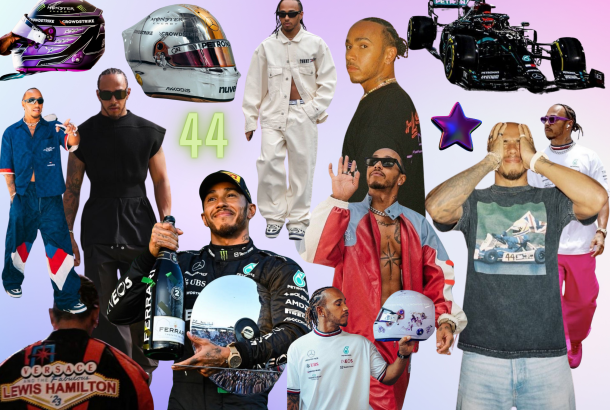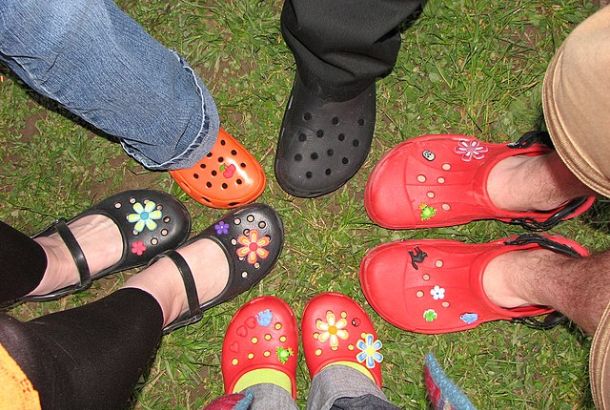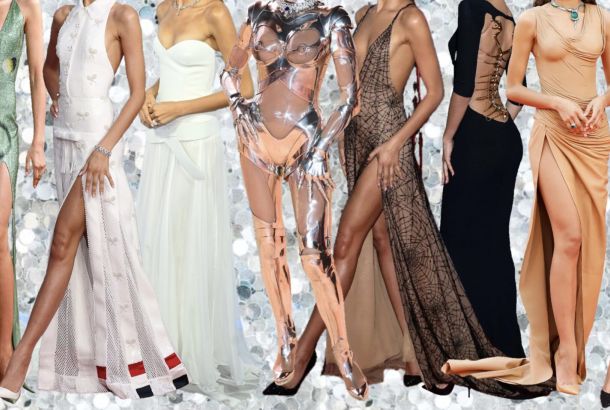Has fashion gone too far?
The stigma about mental health has decreased in the past few years, with more people coming forward to discuss their experiences. The public is slowly starting to realise that mental illness is no different to physical illness—it cannot be helped, it is difficult to fix, and it should not be subjected to ridicule.
Despite this incredible progress, the fashion industry can still be held accountable for making light of mental health. Far too many slogan T-shirts have been manufactured in recent years, glamourising problems that 1 in every 4 people in the UK suffer from each year.
Back in 2010, Urban Outfitters released a grey V-neck tee with the words “eat less” written across the front. This caused a great deal of controversy, as it was seen to be promoting eating disorders. According to The National Association of Anorexia Nervosa and Associated Disorders (ANAD), anorexia is the third most common long-term illness among teenagers.
As Urban Outfitters’ target market, the T-shirt could have had a disastrous effect if it had been kept in stores for too long. Responsibly, Urban Outfitters did remove the item from their website, but only after they were heavily criticised for producing it in the first place.
Not learning from their mistakes, they released another t-shirt making a mockery of mental health. This time around, the word “depression” was written repeatedly across a white crop top. Again, after several complaints, the item was taken off their website.
Regardless of their offensive reputation, Urban Outfitters continue to create products that can be seen to demean mental health. In their quirky home section throughout 2015, they have sold mugs with the tagline “Britney survived 2007. You can handle today”, as well as the (sadly) popular phrase “More issues than Vogue”.
Both phrases hinder the progress made in understanding mental health, and further try to romanticise serious illnesses. What’s more, the public doesn’t seem to realise how offensive these slogans are—social media was full to the brim with snapshots of these products, labeling them as ‘funny’ and ‘clever’. A much bigger emphasis needs to be shone upon this problem if we are to move away from the stigma about mental health.
Urban Outfitters is not the only culprit—they are merely the brand that is seen in the brightest spotlight. ASOS have recently released a slogan T-shirt, reading “Hangxiety: A self-inflicted state of fear after a night out”, which belittles victims of anxiety, including myself. Topshop have also been known to manufacture a slogan jumper, reading “Stressed, Depressed, but Well Dressed”. Young, impressionable shoppers may be given the impression that their mental wellbeing is insignificant in comparison to their fashion sense.
As the Head Fashion Editor for The Mancunion, I am definitely in favour of the importance of fashion and the major role that it plays in society. However, fashion is all fun and games at the end of the day; what really matters is how you look after yourself and your mind. Mental health is not a trend—it’s an illness, just like cancer and heart disease.
Anybody who has ever experienced a mental health problem would say that they would never ask to be subject to such a tormenting illness; they would be rid of it if they could. If suffering from a mental illness is so heartbreakingly hurtful, why are fashion brands trying to make them seem popular, something to aspire to?
Perhaps I am being too harsh on the fashion industry, when their real intention may be to raise awareness. Instead of adding to the stigma of mental health, they may actually be attempting to decrease it. Irrespective, glamourising mental health is not the right approach. I am all for promoting self-love and widening the understanding of mental health, but how about we leave it to the non-profit professionals?







